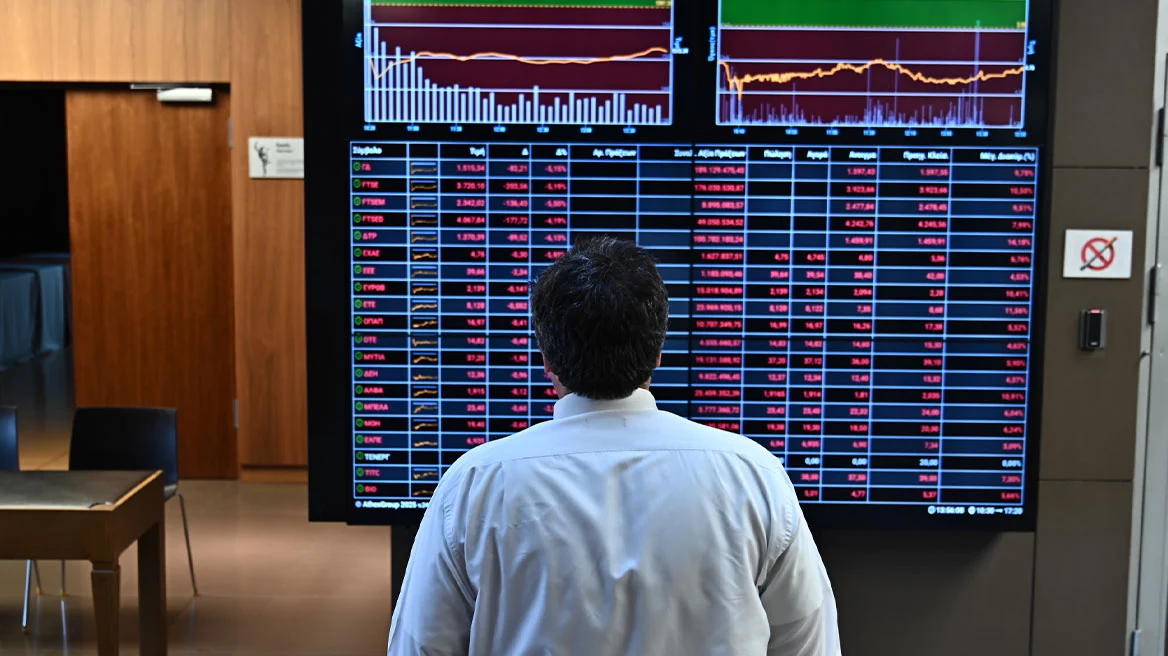A year ago, warning about the fragility of globalised supply chains was seen as a fringe concern of cranks unwilling to embrace the inevitable future. To fringe cranks like myself, it’s moderately satisfying to see such concerns suddenly become the main preoccupation of governments across the world. In the process of deglobalising the world economy, they are now rapidly onshoring the production of strategic necessities.
The global shortage of semiconductors — the humble electronic chips that provide the processing power for everything from smartphones to cars — has emerged as one of the biggest headaches for governments worldwide. Like a gambler playing roulette, the free market’s much-vaunted invisible hand stacked up the global production of semiconductors in Taiwan, which in normal times would not be a problem. But what was normal a year ago is now a vanished world.
George Clooney: The Parthenon Sculptures must be returned to Greece
Experts: China is pulling ahead in race to identify extraterrestrials
The current semiconductor shortage — which is likely to lead to $61 billion dollar losses for the global car industry alone — is a result of the squeezing of production at the beginning of the pandemic, followed by suddenly increased demand from consumers locked down across the world. But it took this Covid-created shortage for world leaders to belatedly realise that Taiwan’s turbulent relationship with an increasingly assertive China makes the island nation a risky proposition to bet your economic health on.
Read more: Unherd
Ask me anything
Explore related questions





